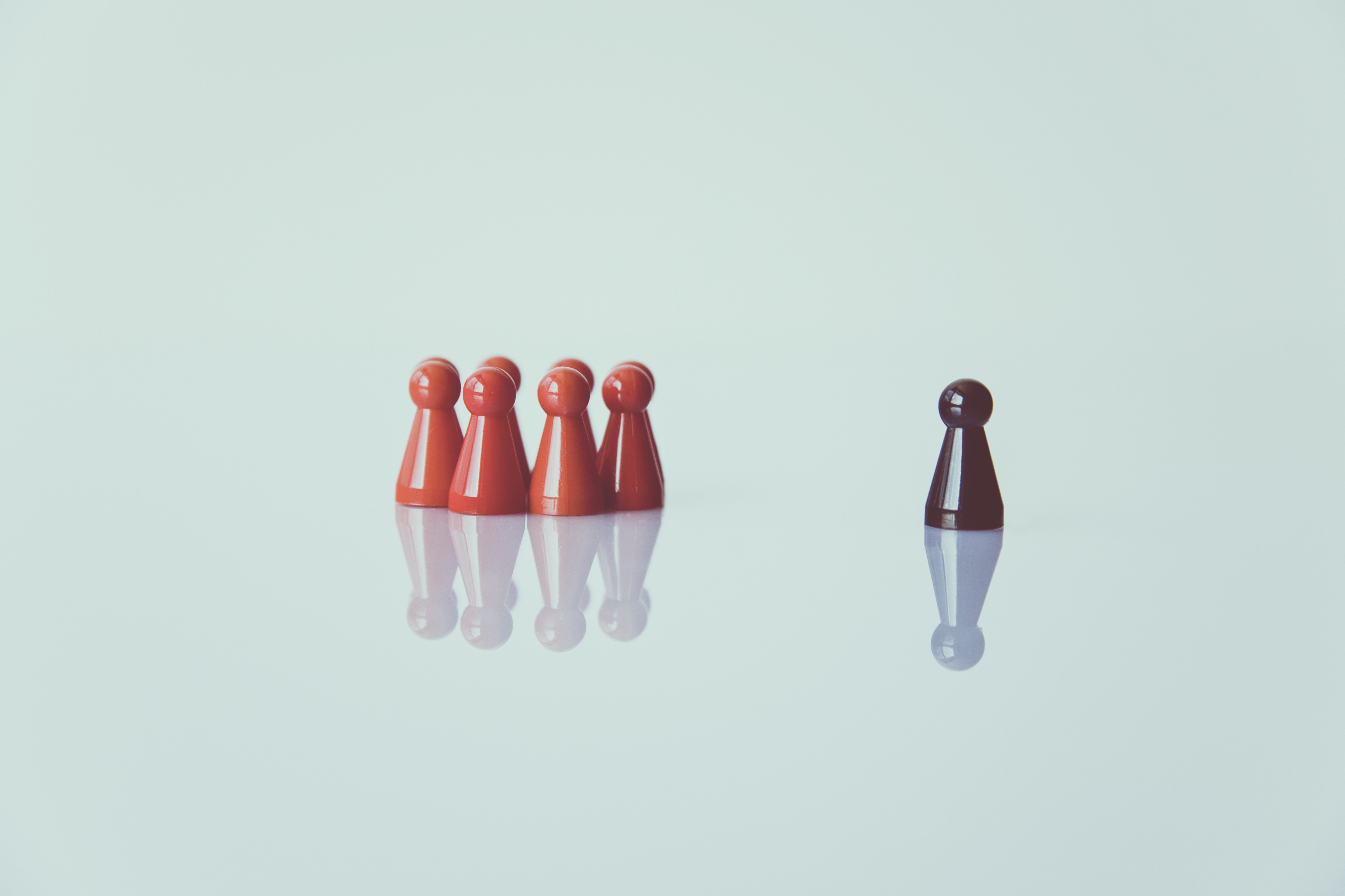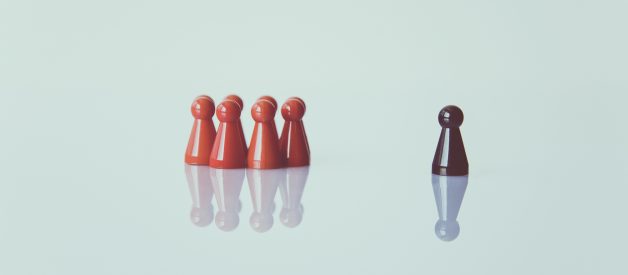Without a proper conversation about the role of power in racism, there will continue to be misconceptions about who can be racist in America
 Photo by Markus Spiske on Unsplash
Photo by Markus Spiske on Unsplash
Racism is defined as a power structure that allows one group to put a system in place where they use their race to direct discrimination against people of different race based on the belief that their own race is superior. It has been around since the transatlantic slave trade where the idea of one race being superior to another became instituted in order to excuse the enslavement of a group of people based solely off the color of their skin.
Racism is nothing new in America, but too much of the conversation mistakes being prejudice to being racist. Racism can only exist when one group has power and influence over another.
Black people have often been accused of being racist by the very people who were racist to them. The issue with calling a Black person racist is that Black people, by definition, cannot be racist. Racism only exist within a power structure that systematically and institutionally rewards whiteness. The closer you are to being white, the more power you hold.
Claims of Black people being racist, also known as reverse racism, often lacks the conversation about the necessity for being able to exercise power and authority, which are essential components of racism.
There is also a big difference between prejudice and racism. Black people can be prejudice but they cannot be racist since they hold little power to enforce discrimination against another group.
As stated by Sobantu Mzwakali in his piece entitled Black people can?t be racist,
Prejudice refers to a positive or negative evaluation of another person based on their perceived group membership. Racism on the other hand refers to social actions, practices or beliefs or political systems that consider different races to be ranked as inherently superior or inferior to each other. Furthermore, racism is socio-economic, with systemic structures which promote one race?s powers over another. Socio-economic being the operative word, I am certain you will agree that black people do not have the resources to impose such oppressive structures which enforce their superiority. White people on the other hand have, and had imposed them on blacks for over four centuries of slavery and colonialism. Black people can be prejudiced, but not racist.
Black people are not excused from being prejudice towards other groups. This can include being transphobic, homophobic, xenophobic, and a slew of other discriminatory actions that accuse another group as being less than Black people. However, Black people cannot properly enforce these discriminations to systematically reduce the power or influence of said discriminated group. The ability to enforce your discriminations and prejudices in such a way that leads to power structures where you can ensure a race is inferior to you is racism.
Black people are at the bottom of the totem pole. Since they are at the bottom of the totem pole the closer you get to whiteness, be it you are a non-Black person of color, the more power you have to discriminate against Black people since you are higher up on the totem pole.
Black people can be, and often are, prejudiced and bigoted. However, there is little evidence that whiteness leads to systemic discrimination. Black people lack the power to damage the interest of Whites, who are still the dominant group in America. Claims of Black people being racist, also known as reverse racism, often lacks the conversation about the necessity for being able to exercise power and authority, which are essential components of racism.


